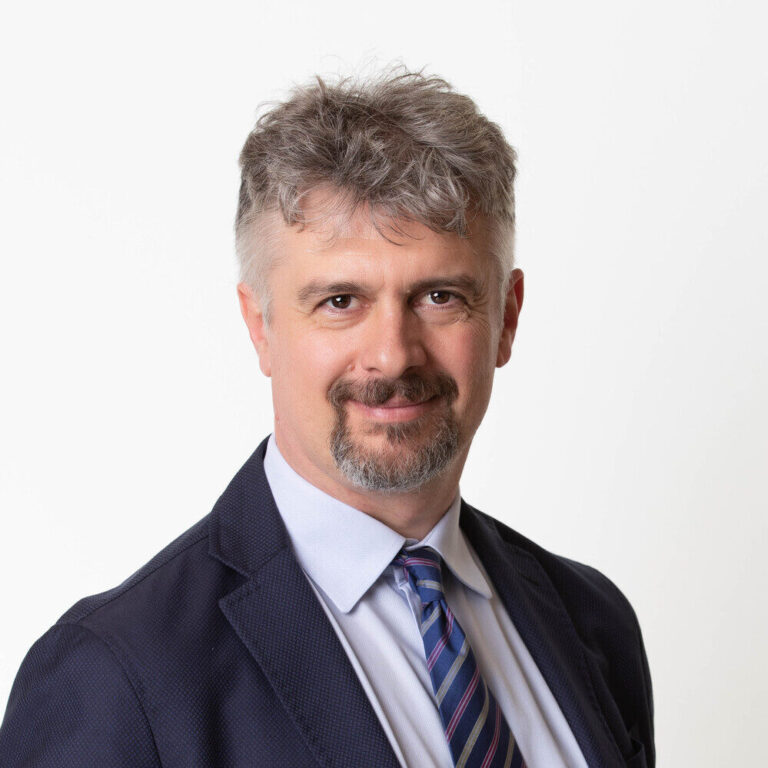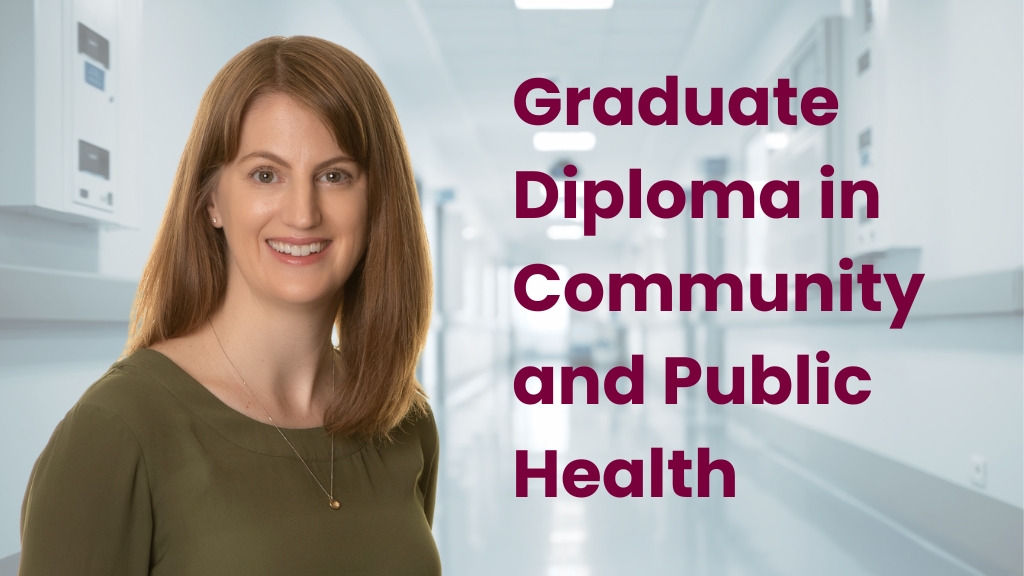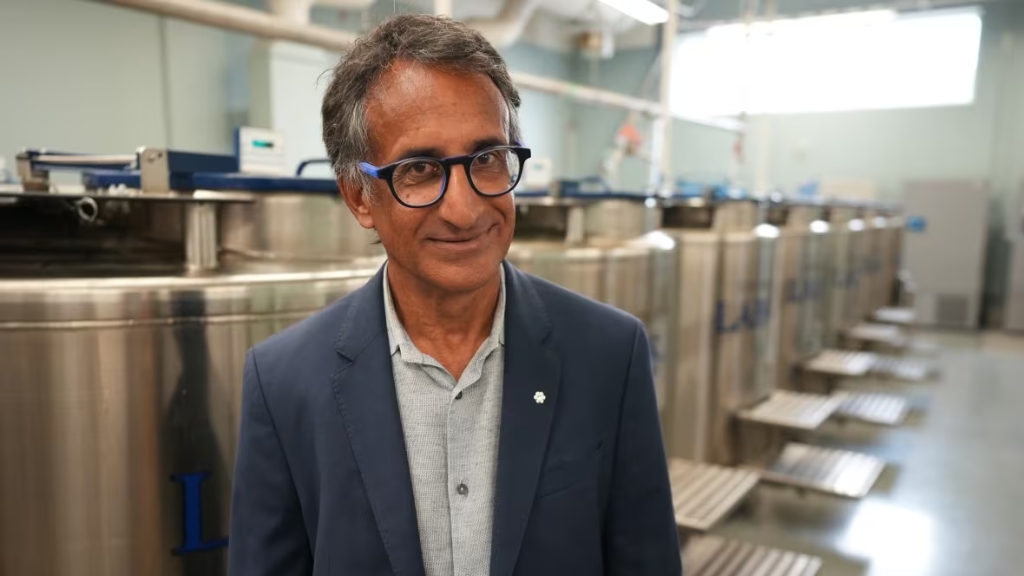Home

Chair, Department of Health Research Methods, Evidence, and Impact (HEI)
In 1967, a small group of thoughtful, committed individuals, led by David L. Sackett, came together to create Canada’s first Department of Clinical Epidemiology.
More than 50 years later, that department – now known as Health Research Methods, Evidence, and Impact (HEI) – is a world leader and innovator in the fields of clinical trials methodology, health economics, biostatistics, public health, medical informatics and health policy.





